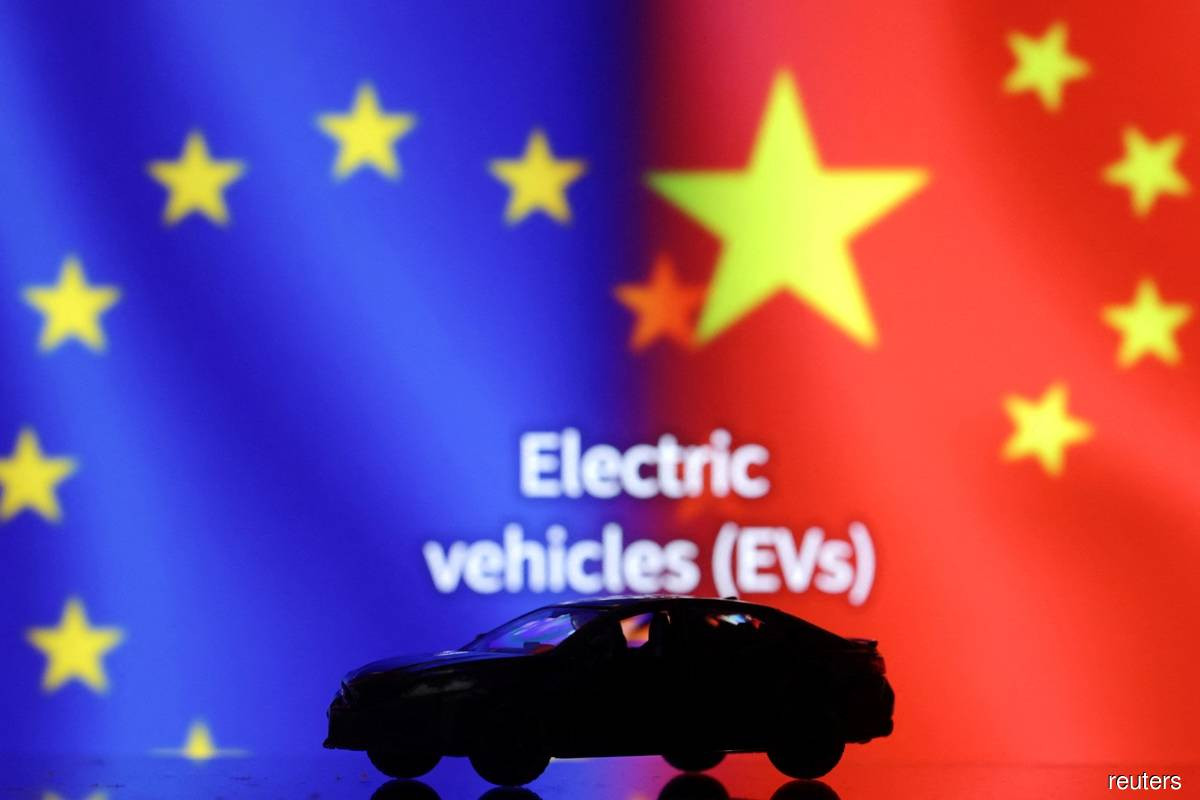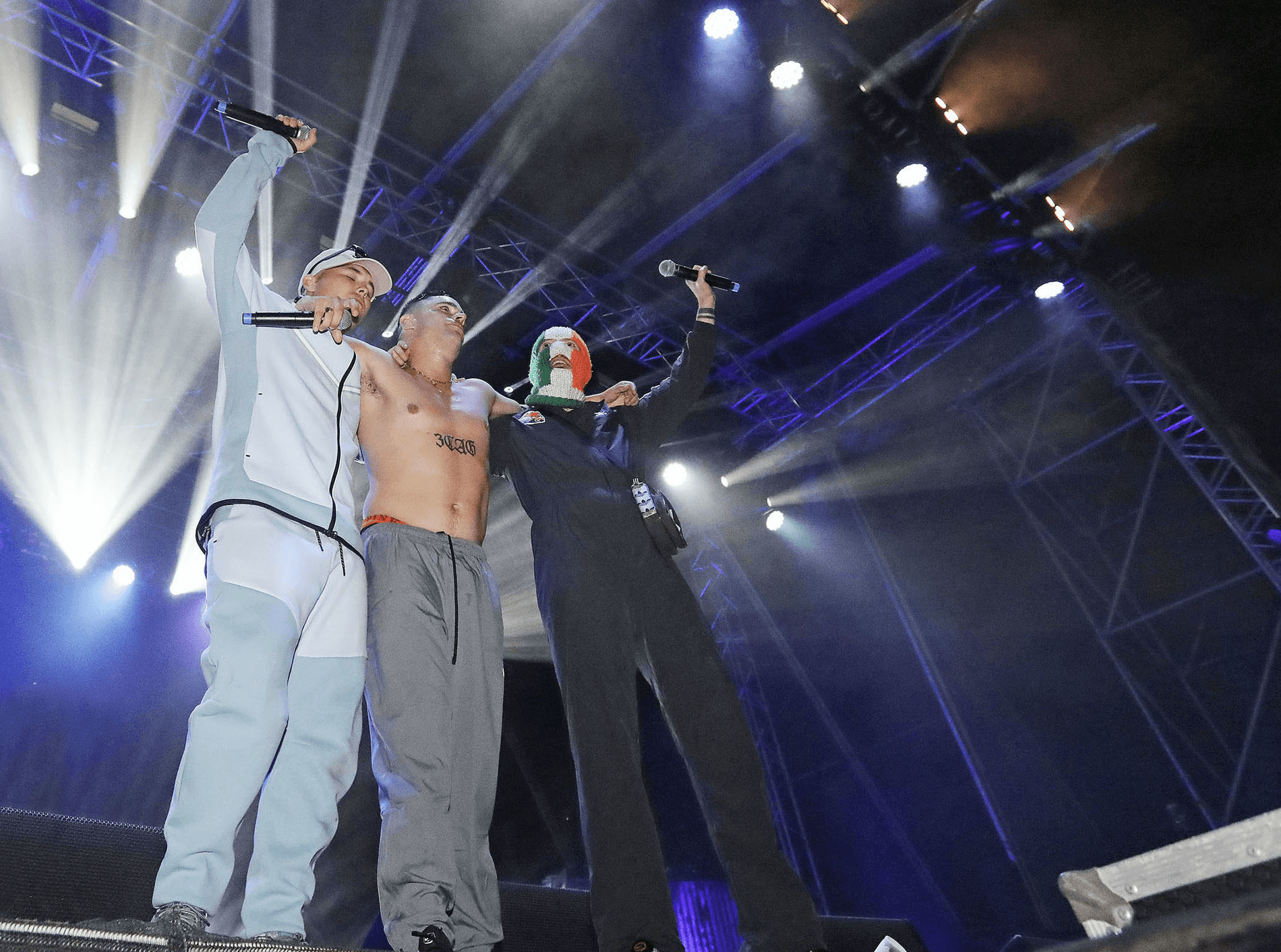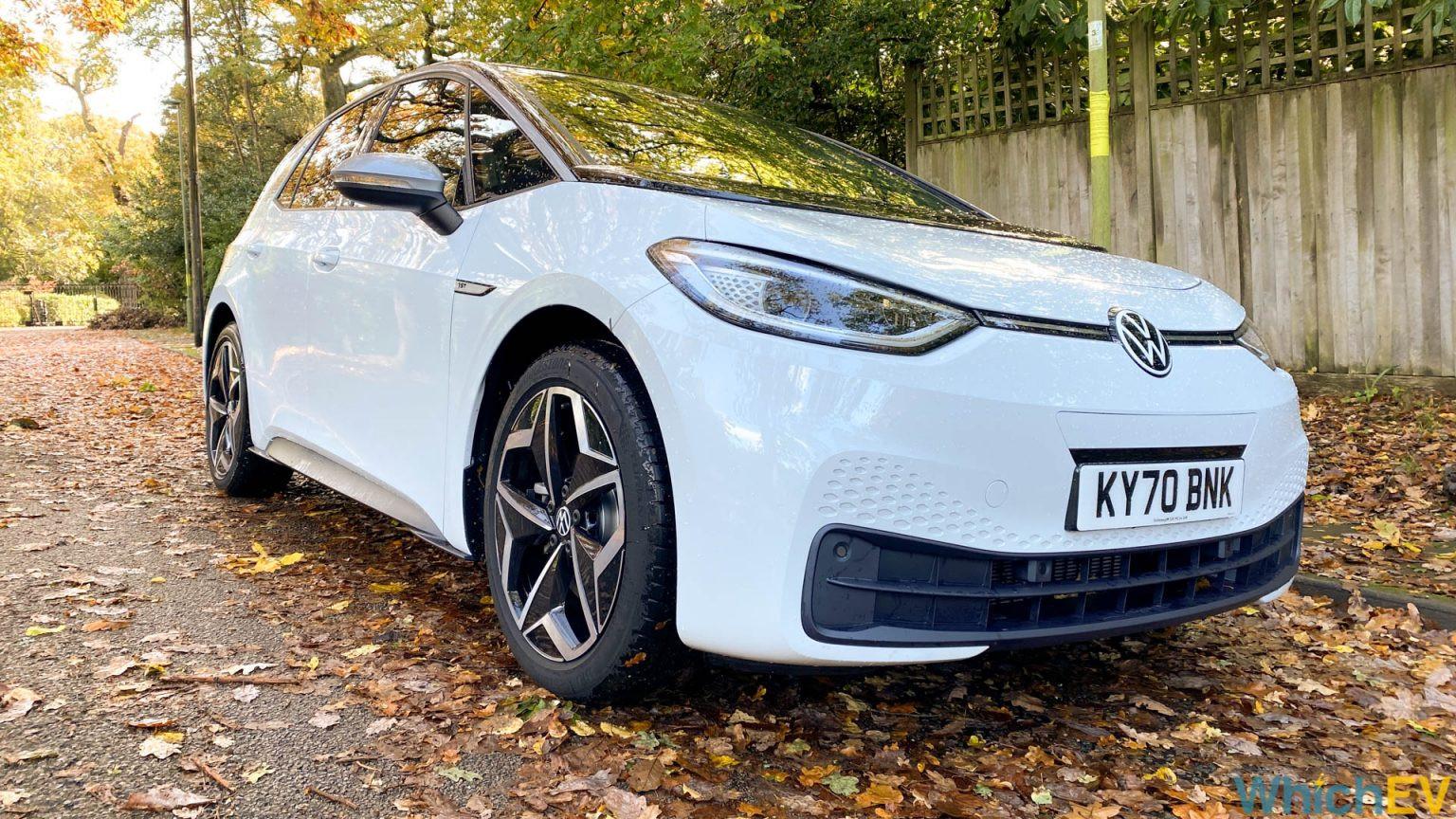Last Friday, EU countries agreed to impose definitive tariffs on imports of electric cars from China, a move with far-reaching implications for the bloc's trade policy with Beijing, the future of the EU's car industry and, most importantly, Berlin's influence in Brussels.
Euronews' EU politics reporter Jorge Liboreiro joins Radio Schuman to discuss whether German fears of a potential escalation into an EU-China trade war are justified and what the implications of such a decision are for von der Leyen's Commission 2.0.
The EU is divided on the issue, with 10 member states in favor in Friday’s vote, five countries voting against the measures and 12 abstaining.
After the vote, China's Commerce Ministry said it opposed the planned tariffs, calling them "unfair, non-compliant and unreasonable."
"The European automotive industry — and especially Germany’s — lives from exports. Seventy percent of our jobs depend on it. The current decision could lead to new trade conflicts, to a spiral of protectionism, with tariffs being responded to with further tariffs. And that is a disadvantage for us," said Hildegard Mueller, president of the German Association of the Automotive Industry, in an interview with Reuters.
On October 4, the European Union voted in favor of raising tariffs on electric vehicles (EVs) from China. But while the vote was passed, the high number of abstentions reflects long-standing qualms about how Europe should stand up to China.
While 10 countries representing 45.99 percent of the EU population (including France, Italy, and Poland) supported the measure, 12 nations accounting for 31.36 percent of the population abstained, and five countries led by Germany, comprising 22.65 percent, voted against the tariffs. Had it been possible to actually block the measure – which would have required at least 15 countries, representing 65 percent of the EU population to vote it down – at least some of the countries in abstention would likely have changed their vote to an outright “no.”
The duties will likely enter into force on October 31 and last for at least five years.
The proposed tariffs, which could reach as high as 35.3 percent, are aimed at addressing concerns over what the EU sees as China’s market-distorting state subsidies to domestic EV firms. However, the Chinese government views these tariffs as a “naked protectionist act.” Beijing has consistently denied the existence of state subsidies, called the findings of the EU investigation “artificially constructed and exaggerated.”
From Beijing’s vantage point, the EU’s investigation into Chinese EV subsidies is a clear case of protectionism that disregards World Trade Organization (WTO) rules. Chinese officials have criticized the EU’s actions as typical protectionist behavior and vowed to safeguard the interests of Chinese enterprises. Hence, before the vote, China attempted to influence EU member states to mitigate the potential impact of the tariffs.
On September 19, China’s Minister of Commerce Wang Wentao visited Europe and held talks with Valdis Dombrovskis, the European Commission’s trade chief, regarding the anti-subsidy probe into Chinese EVs. Dombrovskis reaffirmed that the investigation on BEVs from China is based strictly on facts and evidence and is in full compliance with WTO rules and EU law. He stressed that the EU market will remain open to imports of Chinese electric vehicles, saying that the EU’s aim is to compensate only for identified subsidies, thus allowing for fair competition and a level playing field in the internal market.
With the EU holding firm, China pivoted to a more targeted approach, focusing on individual member states that may be more receptive to its overtures. It has offered economic incentives, such as increased investment and market access, to countries it perceives as sympathetic to its cause. The most obvious example is Hungary, which is politically close with China and (not coincidentally) the largest EU recipient of Chinese investment by far lately, particularly in EVs and batteries.
Spain reversed its support for the tariffs after being promised significant investments in high-tech sectors like hydrogen power. As the largest exporter of pork products to China, Spain was also likely considering the retaliatory tariffs China is eyeing on the EU pork industry.
China offered incentives to other EU states as well. In July 2024, Slovak media reported that Chinese car manufacturer SAIC was eyeing Slovakia and Czechia as potential locations for its EU-based plant. During Italian Prime Minister Giorgia Meloni’s visit to China in July 2024, the two sides agreed on a three-year Action Plan to boost economic relations and signed a Memorandum of Understanding on industrial cooperation, focusing on EVs and green technologies. Italy, however, voted in support of the tariffs.
Hope is not lost for Beijing, even after the vote passed. Both sides are exploring whether an agreement can be reached on a mechanism to control prices and volumes of exports in place of the duties. The lowered levels of support within the EU might put additional pressure on the European Commission to find a negotiated solution.
China is poised to take counter-measures if the EU proceeds with the tariffs. Beijing will likely respond with a range of retaliatory measures targeting key European industries. One potential target is the European automotive sector, particularly German automakers such as Mercedes, BMW, and Porsche. China had previously threatened to impose a 25 percent duty on imported gasoline-powered vehicles with large engines, significantly impacting these brands. However, Beijing may be hesitant to take this route, given Germany’s opposition to the tariffs and the significant production of these vehicles in China.
Instead, China may opt for more targeted measures, such as increasing tariffs on specific European products like brandy, dairy, and pork. These industries have strong lobbies in the EU and would acutely feel the pain of Chinese retaliation. China has already launched probes into EU pork and brandy exports, which are seen as warning shots and potential precursors to more substantial action. As a result, France, for example, has seen protests from 800 farmers who fear the repercussions the tariffs could have on French brandy exports.
Naturally, Dombrovskis has expressed the EU’s strong concerns regarding China’s trade defense investigations against EU imports of brandy, pork, and dairy. He stressed that these investigations are unwarranted, are based on questionable allegations, and lack sufficient evidence.
Finally, there’s the question of whether the EU’s proposed tariffs on Chinese EVs will serve the stated purpose. China has already established a significant presence in the European EV market through strategic partnerships and investments. Chinese automakers have been actively collaborating with European companies to gain access to advanced technology and manufacturing expertise. For example, SAIC, China’s largest automaker, has partnered with Volkswagen to produce EVs in China, while BYD has teamed up with Daimler to develop electric buses for the European market.
Moreover, Chinese companies have been investing heavily in European EV start-ups and suppliers. Zhejiang Geely Holding, the owner of Volvo, has acquired a 9.7 percent stake in Daimler, while the Fujian-based CATL, the world’s largest battery manufacturer, established a factory in Germany to supply batteries to BMW and Volkswagen.
Further, Chinese brands like MG and Aiways have gained popularity in Europe by offering high-quality EVs at competitive prices. In this regard, the tariffs also risk alienating European consumers who have embraced Chinese EVs for their affordability and advanced features.
The EU’s tariffs on Chinese EVs, while understandable, may be too little, too late to effectively protect the European Union’s domestic EV industry. China has already established a strong presence in the European market through strategic partnerships, investments, and competitive offerings. Rather than relying solely on tariffs, the EU may need to focus on fostering innovation, investing in its own EV industry to make cars more affordable, and collaborating with global partners to remain competitive in the rapidly evolving world of green mobility.

















